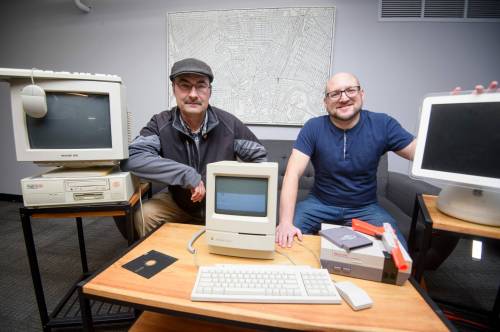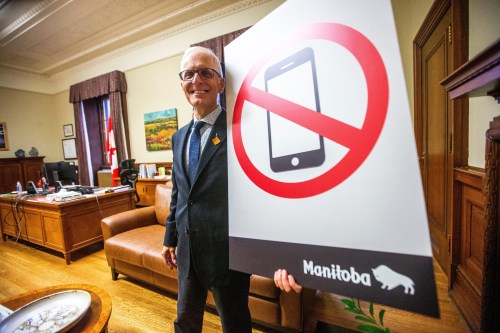Gaming
Please review each article prior to use: grade-level applicability and curricular alignment might not be obvious from the headline alone.
Sexual extortion of children for money is on the rise: financial intelligence agency
4 minute read Preview Friday, Nov. 28, 2025Concerns raised about AI-powered toys and creativity, development as holiday shopping peaks
6 minute read Preview Friday, Nov. 28, 2025New Manitoba Computer and Gaming Museum powers up
4 minute read Preview Monday, Nov. 17, 2025High score: Winnipeg Video Game Orchestra goes from joysticks to drumsticks
5 minute read Preview Monday, Nov. 10, 2025Slime, Battleship and Trivial Pursuit join the Toy Hall of Fame
3 minute read Preview Monday, Nov. 10, 2025When the internet first arrived in the mid-1990s, it screeched. Literally.
It screamed its way into our homes through the telephone lines, a metallic cry that sounded like the future forcing its way through. We waited through the static, convinced that life was about to get easier. People said it would save us time, let us work from home and give us more hours with our families.
No one mentioned that it would also move into our bedrooms, our pockets and our dreams. No one could have imagined that it would change how we fight, how we march, how we plead for justice. That the fight for justice itself would become a digital labyrinth where truth moves slowly and attention moves fast.
Back then, when a heroine from a popular early-2000s television show was dumped with nothing but a handwritten note, it became a cultural tragedy. There was nothing noble about writing your cowardice on a Post-it. A few years later, a company fired hundreds by email and it made national news. Today, we “quietly quit” through apps without blinking, edit our grief into reels, add the music the app suggests and call it closure.












